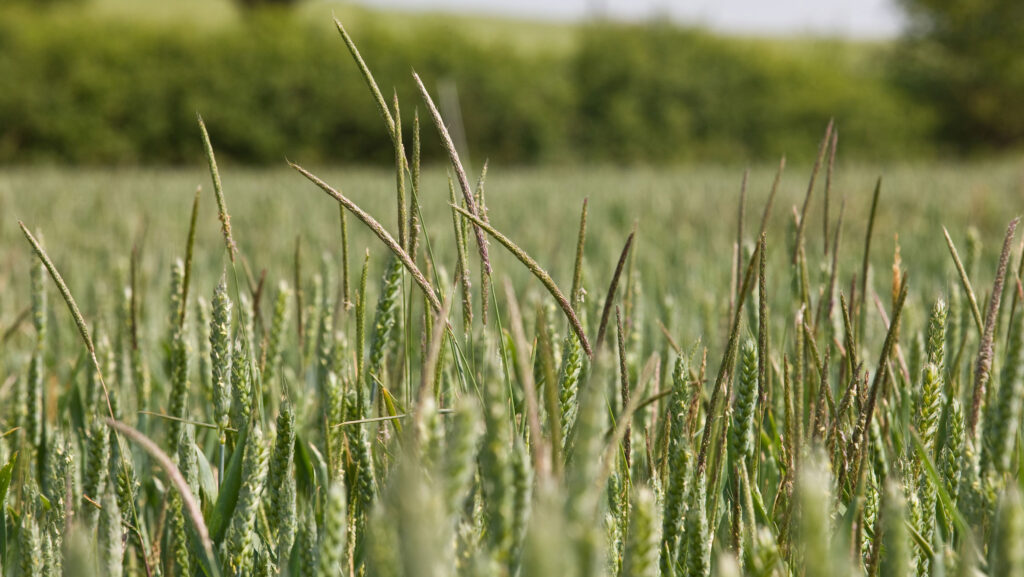Carbon nanodot technology hopes to improve biopesticide use
 © Tim Scrivener
© Tim Scrivener Carbon nanodot technology, originally developed for the healthcare industry, could make biopesticides more stable and effective, believes a UK tech start-up.
Carbon nanodots are ultra-small, biodegradable particles that enable precise, species-specific targeting in plants.
Traditionally used in medical and biotech applications, these nanodots are being repurposed to overcome key challenges in ribonucleic acid-based (RNA) biopesticides, such as poor stability, delivery and cellular uptake.
See also: Genetic ‘off switch’ and zinc discovery could promote N fixation
Blackgrass target
The biotechnology spinout company from the University of Bristol, CDotBio, which developed the technology, hopes to initially target herbicide-resistant blackgrass, which causes more than £400m in losses annually to UK farmers.
The firm is also developing nanodot-enabled RNA solutions for major crop threats such as wheat rust, downy mildew, aphids and other insect pests.
“Carbon nanodots enhance the stability and delivery of RNA, allowing biopesticides to reach pests or weeds more effectively,” explains Teo Garcia-Millan, co-founder and chief executive of CDotBio.
“This prevents RNA from degrading too quickly, enabling more precise and reliable pest control.”

Teo Garcia-Millan © CDotBio
The company’s preliminary modelling indicates that nanodot-enabled RNA sprays could reduce synthetic pesticide use by up to 70% in targeted applications.
Founded by researchers from the University of Bristol’s School of Chemistry and School of Biological Sciences, CDotBio’s nanodots are manufactured from renewable organic materials and are cost-effective to scale.
£25,000 funding
CDotBio’s leadership includes Dr Teo Garcia-Millan, a materials chemist with a PhD in functional nanomaterials, engineering biologist Dr Veronica Greco, and plant molecular geneticist Dr Fran Robson.
The business model is built on strategic partnerships with agri-businesses, RNA manufacturers and crop protection firms.
The start-up has been awarded the £25,000 Armourers & Brasiers Venture Prize, which recognises excellence in materials science innovation with high commercial potential.
The prize will fund studies and field trials ahead of regulatory submission.
Trials are anticipated to begin in 2026, with market launch targeted for 2028, pending regulatory approvals.
What are RNA biopesticides?
RNA biopesticides are a novel type of biopesticide that uses RNA interference (RNAi) to target and suppress specific genes in pests, pathogens or weeds, leading to reduced growth or death.
They work by introducing double-stranded RNA that matches a target gene in the pest, triggering a pathway that prevents the pest from producing the targeted protein.
